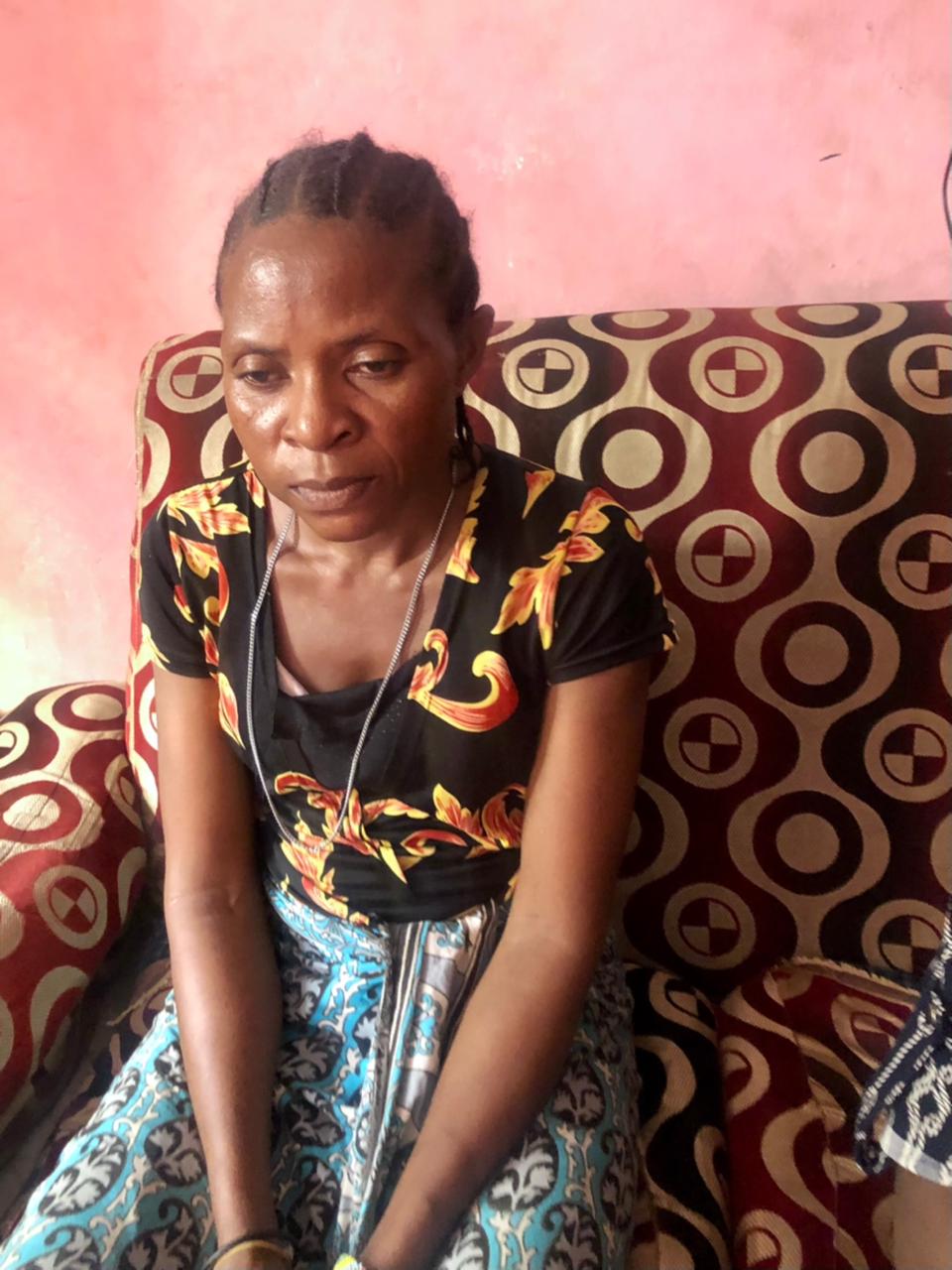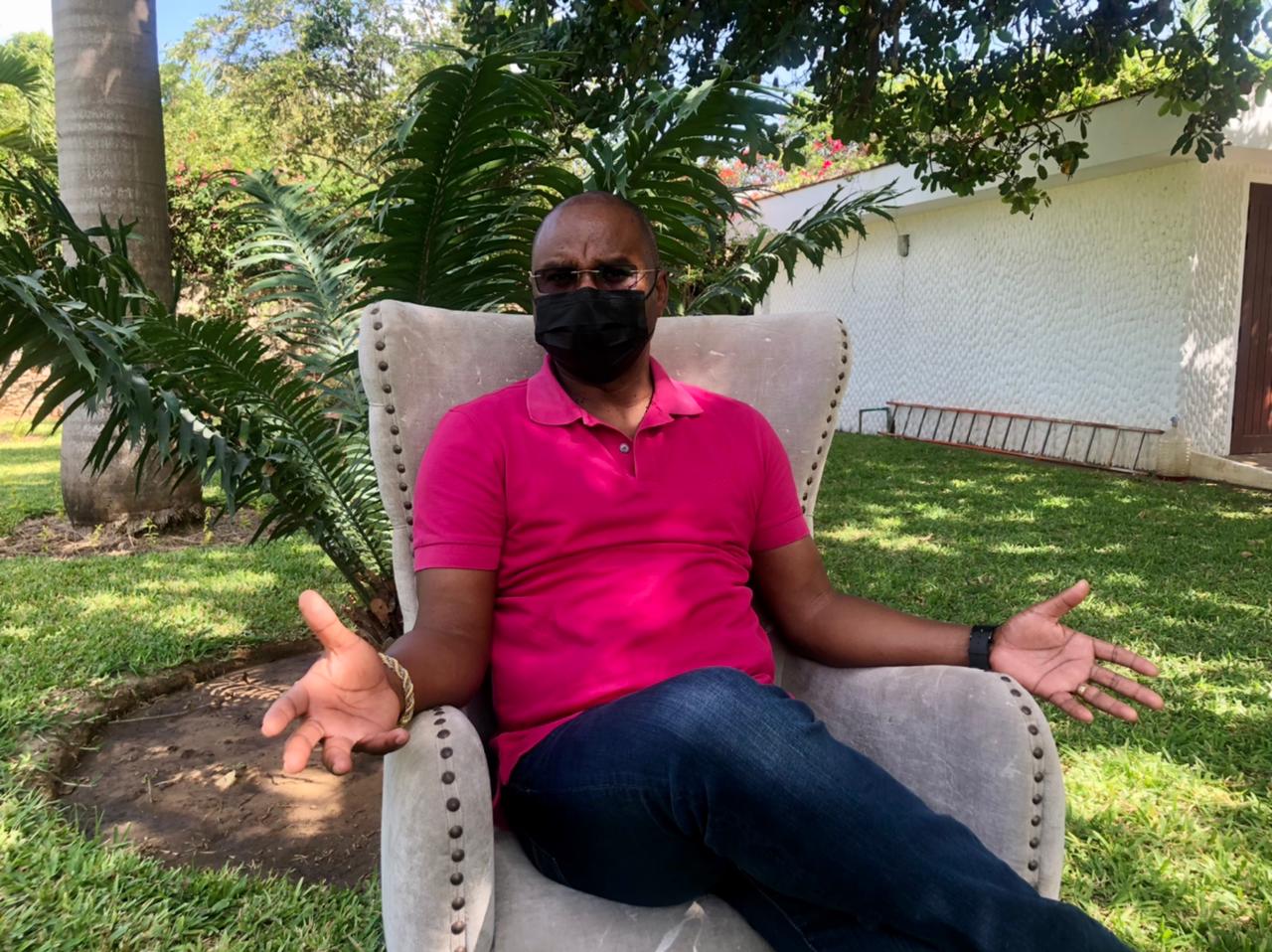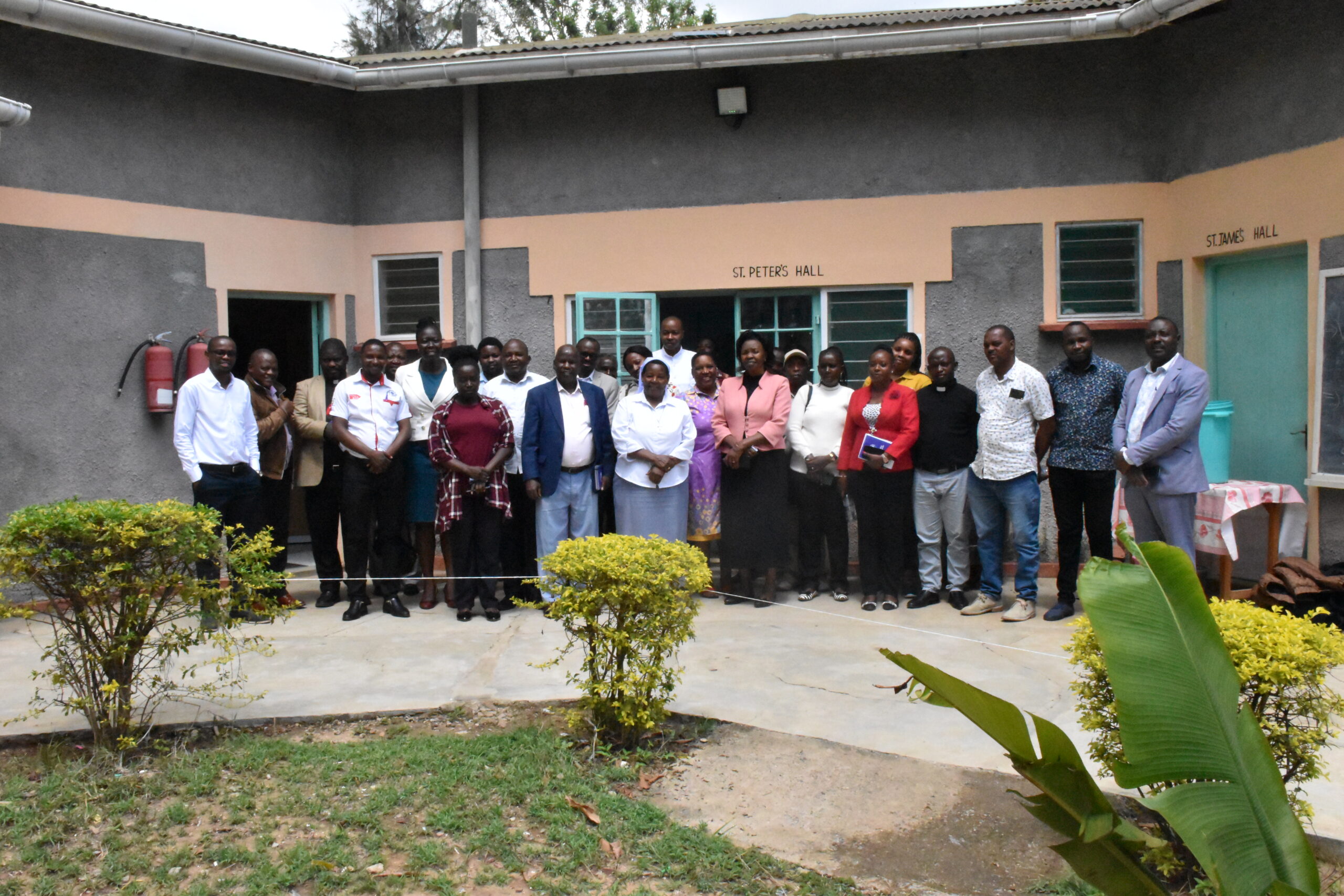By Tebby Otieno
Kilifi county, Kenya: Eunice Nyevu remembers getting up in the middle of the night to drink black tea. Her neighbors had told her that was how to defeat the coronavirus disease.
“I heard a commotion outside and they told me that I had to make black tea for my household immediately if we were to survive the pandemic,” recalls the mother of eight. She was desperate to save her children. So she got out of bed and went to prepare tea.
“As the water was boiling, I realized I did not have tea leaves so I borrowed some from the neighbor. Then I woke my children and made them drink it.”
In the hours that followed, the village went crazy as word spread that the cure for COVID-19 was in their kitchens. Eunice neither owned a phone nor interacted with anyone in her village who used social media. Yet that piece of misinformation got to her.
“The neighbor who told me about the tea as a cure for COVID-19 was not on social media either, but she said she received a phone call from a relative telling her to prepare black tea in the middle of the night,” she says.

That is how Kilifi County found itself in an infodemic in a pandemic.
“These rumors were not taken to the villages by people who are illiterate. They were taken by those people who call themselves scholars because they are the creators of these messages. The truth is there are those who do not have the ability to verify information especially in the villages,” said Amason Kingi, the governor of Kilifi.
Can we trust WhatsApp for health messages?
While in many parts of the country COVID-19 misinformation spread by social media, in Kilifi, it spread by word of mouth and mobile phone. So when the infodemic broke out, the county says it had to act first to end it if it was to win the war on COVID-19.
“It forced us to go round with loudspeakers and each vehicle was assigned villages. We ensured each vehicle had someone who was knowledgeable about COVID-19 and we went in the interior villages to educate people because we realized that there are homes that do not even have radio sets,” he said.
The more the county spread COVID-19 information, the more Eunice realized that she had been duped.
“We were told it was lies. We wished to vomit but it was too late because we had swallowed everything. It was only tea and water, nothing more. It was bitter but I took it like that because we believed it was medicine for coronavirus,” said Eunice.
Eunice works as domestic help. Her boss, Maimuna Faruq, says she also heard the rumors about black tea but could not be bothered to get out of bed.
“I did not take it seriously. I assumed it was some kind of joke so I just laughed it off,” Maimuma said.
Maimuna is a community health volunteer and businesswoman in Kilifi town. She says the black tea message did not make sense to her and that is why she ignored it.
“At night when I went online I received that audio message about a newborn baby who claimed black tea cures coronavirus but I ignored it. So that message was whispered in villages but also here in town. My house help who stays in the village also narrated it to me the following morning,” said Maimuna.
The county government admits that the rumors spread across the county, but has been unable to trace the original source of the information. None of the locals seem to remember where the message came from.
“I deal with facts and I know there was that audio but I don’t know whether people respected and actually went and took tea but I know there was that audio about misinformation so we had to correct it. As a government, we committed to relying on science so we took scientific messages to the villages. We also urged our people early enough not to be misled by rumors,” said Kingi.

Through Open Source Intelligence (OSINT) and fact-checking tools, we have not been able to trace the original audio. This is due to the fact it was shared through the WhatsApp platform.
Law enforcement, government institutions or academia doing research on disinformation admit that tracing back something on WhatsApp remains a challenge.
“WhatsApp is actually a very difficult platform to work with regarding disinformation and social media research in general. It has a lot of privacy and ethical issues,” said Ines Narcisco, from MediaLab CIES.
Ines was speaking in one of the trainings on investigating misinformation and disinformation on WhatsApp. She further said that wrong information becomes viral faster than it takes to authenticate it. But most times, it is difficult to find the source.
“In WhatsApp, there is no algorithm, no moderator, no one pushing that video to become viral. It is users who share it and it shows us a lot about how human nature works and the fact that there is no moderation makes it even worse,” said Ines.
Her sentiments were echoed by Tom Trewinnard, an expert working with World Health Organization on debunking misinformation related to the COVID-19 pandemic.
“WhatsApp audio is really difficult to investigate and trace, and it is beyond our current capacity. So we focus much more on trying to make sure that people have the correct information rather than trying to attribute who is behind disinformation efforts,” said Trewinnard.
An infodemic is a situation in which a lot of false information is spread in a way that is harmful. This is according to the definition of Cambridge English Dictionary. The World Health Organization (WHO), says Coronavirus Disease (COVID-19) related infodemic is just as dangerous as the virus itself.
Social media platforms have been the major interactive technologies used in sharing, leading to a surge in an infodemic. The sad reality is that even those who are not on social media platforms become victims of an infodemic.
Dr. Yubrin Moraa, a physician and health advocate terms ignorance a bad disease. She says the country is still struggling to make sure that majority of the population is educated and has access to credible information.
“I think we cannot 100% blame consumers. I am not sure whether that information was traced where it came from but we cannot be victims of our own ignorance. The best way is to make sure that our people understand and when you understand you will see information that is rubbish and you will be able to just say this is not credible,” said Yubrin.
Dr. Yubrin says wrong information also affects the behavior of people seeking health services. When people don’t have the right information, they are likely to make the wrong choices about their health, such as avoiding health facilities altogether.
“COVID-19 is a disease that affects and is intertwined in so many angles with human life. These things don’t work in a vacuum, they work in interaction with people, and the virus then the disease just keeps on spreading because people cannot get that healthcare,” said Dr. Yubrin.
She advises the public to strive to understand COVID-19 well in order to avoid misinformation.
“Even in our local languages let’s just educate our people who maybe cannot even read and write but they just understand how this disease is spread and that is the only way we will be able to fight this pandemic from a point of correct information,” she notes.
At least nine in every ten Kenyans use WhatsApp. This is according to a report released by the United States International University Africa (USIU-Africa) in March 2019. The report also indicates that the majority of Kenyans access social media using mobile phones during night hours. https://www.usiu.ac.ke/assets/file/SIMElab_Social_Media_Consumption_in_Kenya_report.pdf
This publication was produced as part of IWPR’s Africa Resilience Network (ARN) program, administered in partnership with the Centre for Information Resilience (CIR), the International Centre for Investigative Reporting (ICIR), and Africa Uncensored.














